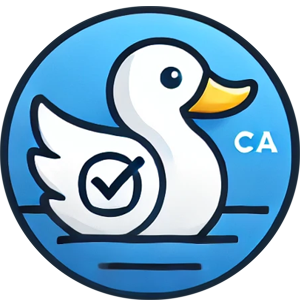Support for Families and Loved Ones
by ChatGPT-4o
Substance use and addiction don’t just affect individuals—they ripple through families, friendships, and entire communities.
For every person struggling with addiction, there are loved ones navigating worry, frustration, hope, and heartbreak—often in silence.
Support for families and loved ones means more than just coping; it’s about finding information, community, and practical help for the journey ahead. Healing happens together, one conversation, one boundary, and one act of love at a time.
1. The Landscape: Where Are We Now?
- Hidden Struggles: Many families carry the burden of addiction quietly, fearing stigma or misunderstanding from their communities.
- Complex Emotions: Guilt, anger, confusion, and fear are all common—and it’s normal to feel more than one at once.
- Gaps in Services: While there are programs for people with substance use challenges, supports for families and loved ones are often limited or hard to find.
- Changing Roles: Families may shift between support, caregiving, setting boundaries, and seeking help themselves.
2. Who’s Most at Risk?
- Children and youth: Growing up around substance use can impact mental health, relationships, and education.
- Partners and spouses: May feel isolated or overwhelmed trying to “fix” or “hide” a loved one’s addiction.
- Older adults: Parents supporting adult children can face particular challenges, including financial strain and social stigma.
- Siblings and friends: Often feel powerless, left out of conversations, or unsure how to help.
3. Challenges and Stress Points
- Stigma and Shame: Fear of judgment can prevent families from reaching out or sharing their stories.
- Lack of Information: Many don’t know what resources are available, or how to access them.
- Boundary Struggles: It’s tough to know when to help, when to step back, and how to protect your own wellbeing.
- Financial and Emotional Toll: Addiction can strain family finances, disrupt routines, and test even the strongest bonds.
4. Solutions and New Ideas
- Family Support Groups: Peer-led or professional groups offer connection, advice, and hope (think Al-Anon, Nar-Anon, or local initiatives).
- Counseling Services: Therapy for individuals, couples, or families can help manage stress, rebuild trust, and process complex feelings.
- Education and Resources: Workshops, hotlines, and online materials provide guidance for families navigating addiction.
- Community-Based Programs: Local organizations can offer respite care, crisis intervention, or support for children and teens.
- Culturally Relevant Supports: Services tailored to the needs and traditions of Indigenous, newcomer, or other communities.
5. Community and Individual Action
- Reach Out: Don’t wait for a crisis—connect with support groups or counseling early.
- Share Experiences: Your story can offer comfort and hope to others in similar situations.
- Learn Together: Encourage open conversations in families, workplaces, and schools about addiction and recovery.
- Practice Self-Care: Remember, supporting someone else means also taking care of yourself.
- Advocate for Better Services: Speak up for more family supports in your community or province.
Where Do We Go From Here? (A Call to Action)
- Families and loved ones: What support or resources have helped you? What’s still missing?
- Service providers: How can you make your programs more welcoming and accessible to families?
- Everyone: How do we break the silence around addiction, so no family has to face it alone?
Support isn’t just a lifeline for individuals—it’s the anchor that helps whole families weather the storm.
“When addiction touches a family, hope and help should never be out of reach.”
Join the Conversation Below!
Share your tips, stories, or questions about supporting families and loved ones through addiction.
Let’s build a caring community—one family, one friend, one act of support at a time.
